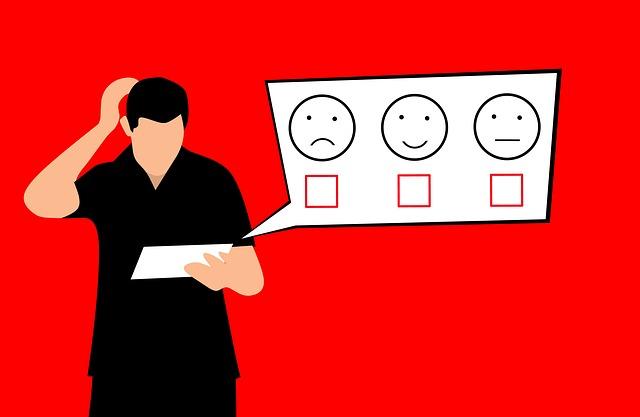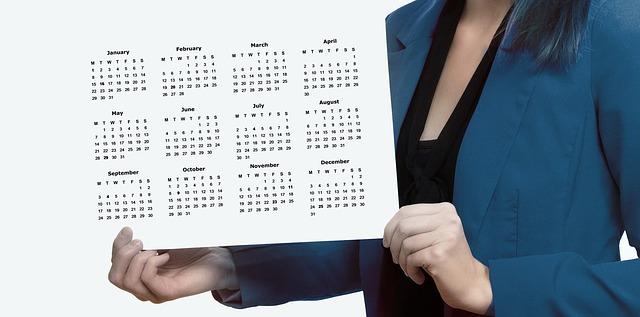Anatomy of a Coronavirus Nonprofit Email + Thank You
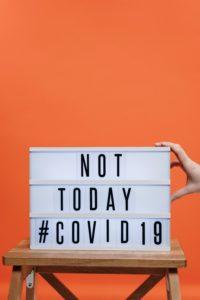 Last week I shared a number of real-life examples from innovative nonprofits taking creative steps to connect meaningfully to their supporters during these trying times. While staying connected, some organizations are succeeding in stepping up both their marketing and fundraising communications to the next level.
Last week I shared a number of real-life examples from innovative nonprofits taking creative steps to connect meaningfully to their supporters during these trying times. While staying connected, some organizations are succeeding in stepping up both their marketing and fundraising communications to the next level.
Sometimes this means virtual events, online conference calls and hang-outs and, yes, asking for the philanthropy needed to respond to urgent needs and stay in business for the longer haul.
I promised today I’d share an example of a straight-up email appeal. Actually, it’s more than an appeal.
Because every communication you have with folks today must be more than business as usual.
It’s got to be empathic.
Let’s face it. All folks are thinking about today is coronavirus. If you ignore this fact, you’ll come across as out of touch and even insensitive. So begin every communication with some acknowledgement of what people are going through. Not just you. Them.
Check in with people and ask them how they’re doing. This is actually always a good way to begin. We do it more in our personal lives (oddly, particularly with strangers). You ask the clerk at the counter “How’s it going?” You leave the store saying “Have a nice day.” In fact, one of the hallmarks of a culture of philanthropy is you’ll find staff always asking each other “How can I help you today?” [See “Fundraising Bright Spots”]
Silver lining of this pandemic? Rediscover the power of empathy. Take this opportunity to connect the dots between the problem you lay out and the solution with which the donor can be helpful. This is solid, basic fundraising – the way it should always be practiced but too often is not. Use this opportunity to be better.
It’s got to be innovative.
Remember, this is not ‘business as usual.’ Already every nonprofit and their dog are sending out messages related to this crisis. What will get your messages to stand out? Lots of things come to mind, including great subject headlines, compelling images and graphics, engaging stories and an authentic tone. All the basics apply.
Practice solid fundraising, of course, but try to add in a little bit of something extra. Novelty. Fun. Inspiration. Prayer. Social action. Whatever is best suited to your particular brand and community.
Silver lining of this pandemic? Many of your familiar, tired strategies were probably due for a change anyway. This is an opportunity to reject the status quo, develop new skills and consider fresh initiatives that may, ultimately, serve you far better than the ones you’ve been using.
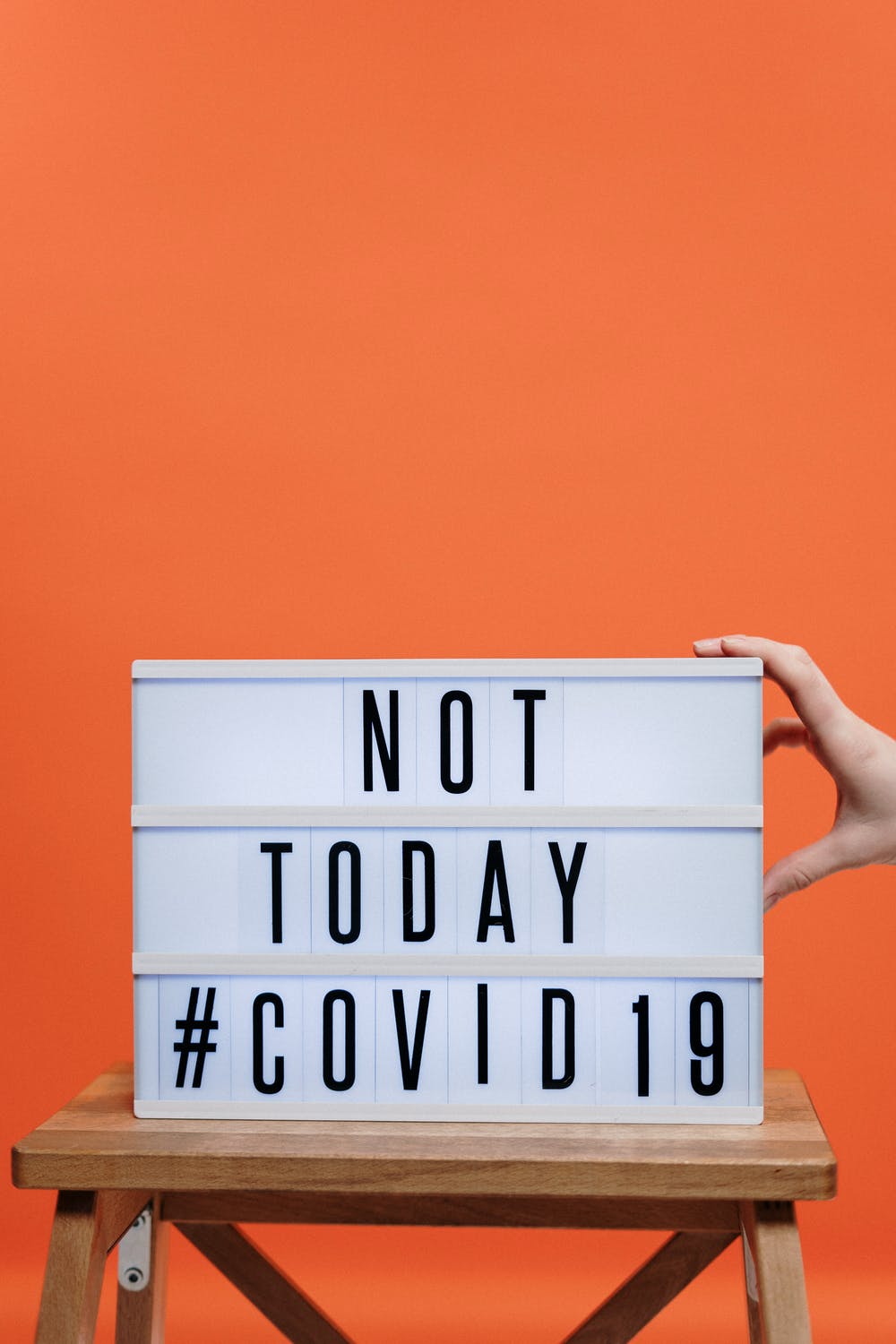

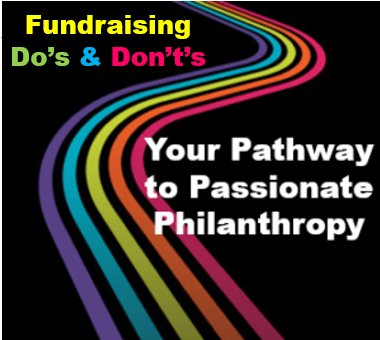
 I’m continuing with my new, occasional feature of “Do’s vs. Don’ts.”
I’m continuing with my new, occasional feature of “Do’s vs. Don’ts.”
 Wondering where fundraising is heading in our highly networked, overly saturated, noisy-as-all-get-out post-digital revolution world?
Wondering where fundraising is heading in our highly networked, overly saturated, noisy-as-all-get-out post-digital revolution world?

